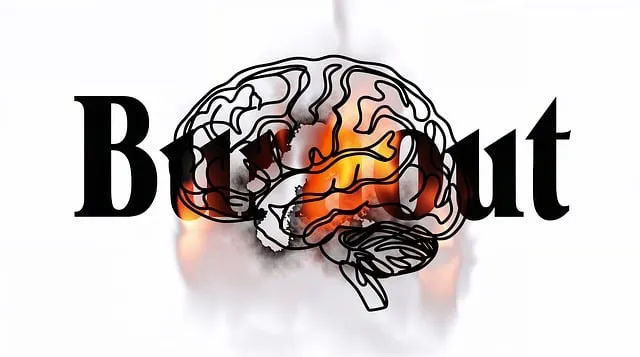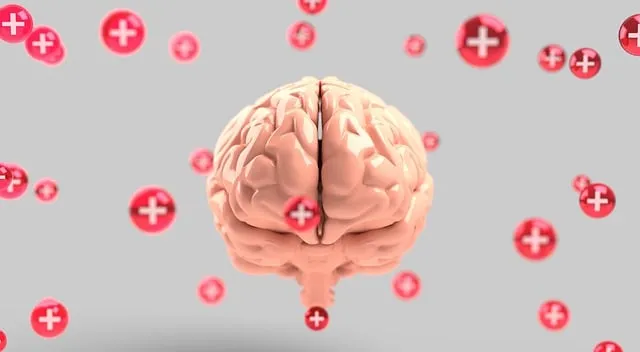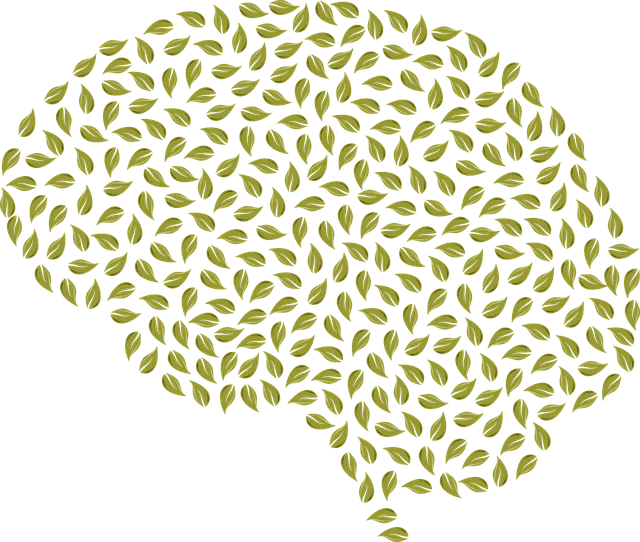Mental wellness group facilitation at Superior Kaiser mental health programs offers a supportive environment for individuals facing mental health challenges. Facilitators build trust through empathy, active listening, and non-judgmental attitudes, encouraging members to share their stories and develop coping strategies. Techniques like open communication, mindfulness meditation, and community outreach empower participants, fostering an inclusive atmosphere that enhances well-being. Superior Kaiser's comprehensive evaluation methods go beyond satisfaction surveys, measuring tangible impacts on emotional health, stress management, and coping skills development over time.
Mental wellness group facilitation plays a pivotal role in fostering community and supporting individuals’ journeys towards healing. This article delves into the art of guiding such groups, offering a comprehensive guide for facilitators. We explore essential techniques, from empathy and active listening to creating engaging environments. By understanding the impact of these methods, we can enhance the effectiveness of Superior Kaiser mental health programs, ensuring participants feel supported and empowered. Through effective facilitation, these groups become powerful tools for positive change and personal growth.
- Understanding Mental Wellness Group Facilitation: A Foundation for Effective Support
- The Role of Empathy and Active Listening in Building Trust
- Techniques for Engaging and Motivating Group Members
- Strategies to Foster Open Communication and Safe Spaces
- Measuring Success: Evaluating the Impact of Kaiser Mental Health Programs
Understanding Mental Wellness Group Facilitation: A Foundation for Effective Support

Mental wellness group facilitation is a powerful tool for supporting individuals navigating various mental health challenges. It provides a safe and supportive space where people can connect, share experiences, and learn from one another. Understanding this process is crucial for facilitating effective support through Kaiser mental health programs. By fostering open communication and creating a sense of community, facilitators enable participants to develop coping strategies and enhance their overall well-being.
A fundamental aspect of successful group facilitation involves cultivating an environment that encourages active participation. This can be achieved through various techniques, such as promoting active listening, facilitating non-judgmental spaces, and integrating practices like mindfulness meditation. Additionally, community outreach program implementation plays a vital role in engaging diverse populations and ensuring accessibility to mental health services. Mental Health Awareness initiatives within these groups empower individuals to take charge of their mental wellness and seek the support they need.
The Role of Empathy and Active Listening in Building Trust

Building trust within a mental wellness group is paramount for fostering an open and safe space where individuals can share their experiences and embark on their healing journeys. Empathy and active listening are powerful tools that facilitate this process. As a group facilitator, demonstrating genuine empathy allows participants to feel understood and validated, creating a sense of belonging. It involves recognizing and reflecting on their emotions, providing comfort, and accepting their unique perspectives without judgment.
Active listening complements this by ensuring every voice is heard and respected. By fully concentrating on each speaker, paraphrasing their thoughts, and asking clarifying questions, facilitators show engagement and care. This technique not only improves communication but also reinforces the group’s sense of unity. When healthcare providers incorporate these superior Kaiser mental health programs techniques, such as burnout prevention strategies for healthcare providers and mental wellness coaching programs development, they can create an environment conducive to anxiety relief and overall well-being.
Techniques for Engaging and Motivating Group Members

Engaging and motivating group members is a cornerstone of effective mental wellness facilitation. One powerful technique is active participation, encouraging every member to share their experiences and insights openly. This creates an inclusive environment, fostering a sense of belonging and enhancing mental wellness. Using interactive activities, such as role-playing scenarios or group discussions on specific topics, can also stimulate meaningful conversations and promote critical thinking.
Moreover, facilitators should employ confidence-boosting strategies to empower individuals. Recognizing achievements, both big and small, within the group sessions goes a long way in building self-assurance. Incorporating feedback mechanisms allows members to appreciate their progress and set new goals. With these techniques, facilitators at Superior Kaiser mental health programs can ensure that each participant feels valued, motivated, and empowered to navigate their mental health journeys effectively.
Strategies to Foster Open Communication and Safe Spaces

Creating a safe and supportive environment is paramount for effective mental wellness group facilitation. One key strategy is to establish ground rules that emphasize respect, confidentiality, and active listening. This sets the tone for open communication, encouraging participants to share their experiences and feelings without fear of judgment. Incorporating self-awareness exercises can help individuals recognize and express their emotions healthily, fostering a deeper sense of understanding within the group.
Additionally, empathy building strategies play a significant role in creating a cohesive community. Facilitators should model active empathy by paraphrasing and validating participants’ feelings, promoting a culture of compassion. The Kaiser mental health programs often emphasize the importance of community outreach program implementation, where facilitators can engage with diverse audiences, ensuring that various perspectives are represented and felt welcomed in the group setting.
Measuring Success: Evaluating the Impact of Kaiser Mental Health Programs

Measuring success is a vital component of any mental wellness program, and the Kaiser approach stands out for its comprehensive evaluation methods. The superior Kaiser mental health programs go beyond simple satisfaction surveys by employing robust tools to assess the tangible impact on participants’ lives. This includes tracking improvements in emotional well-being, stress management, and coping skills development over time. By integrating these metrics into their framework, Kaiser ensures that the programs deliver measurable results, enabling continuous improvement based on real-world data.
The evaluation process involves a risk assessment for mental health professionals to ensure the safety and ethical delivery of services. This meticulous approach allows for a nuanced understanding of program effectiveness, identifying areas of strength and weaknesses. As a result, the Kaiser model fosters a dynamic environment where interventions are tailored to meet the evolving needs of individuals seeking mental wellness support.
Mental wellness group facilitation is a powerful tool for fostering community, support, and positive change. By employing techniques discussed in this article—from empathy and active listening to engaging activities and open communication strategies—facilitators can create an environment that empowers individuals to navigate their mental health journeys with increased confidence and resilience. The superior Kaiser mental health programs highlighted here serve as a model for effective group facilitation, demonstrating the transformative potential of well-structured, compassionate support systems. Through ongoing evaluation and adaptation, these programs can continue to enhance lives and promote overall mental wellness.





